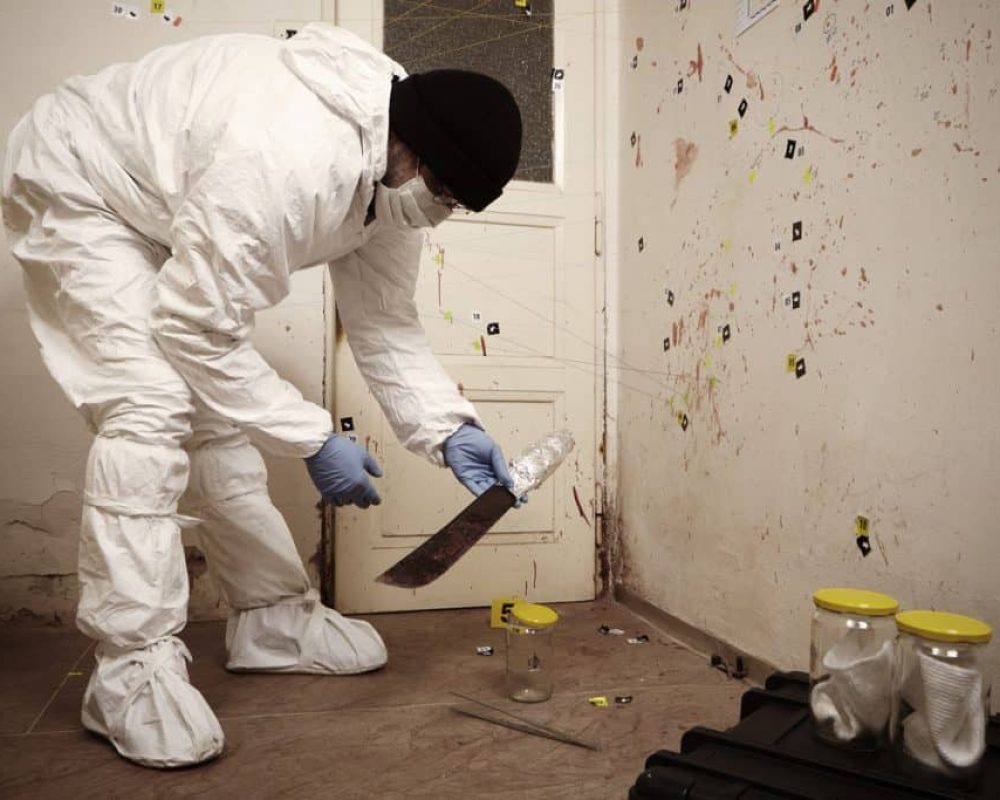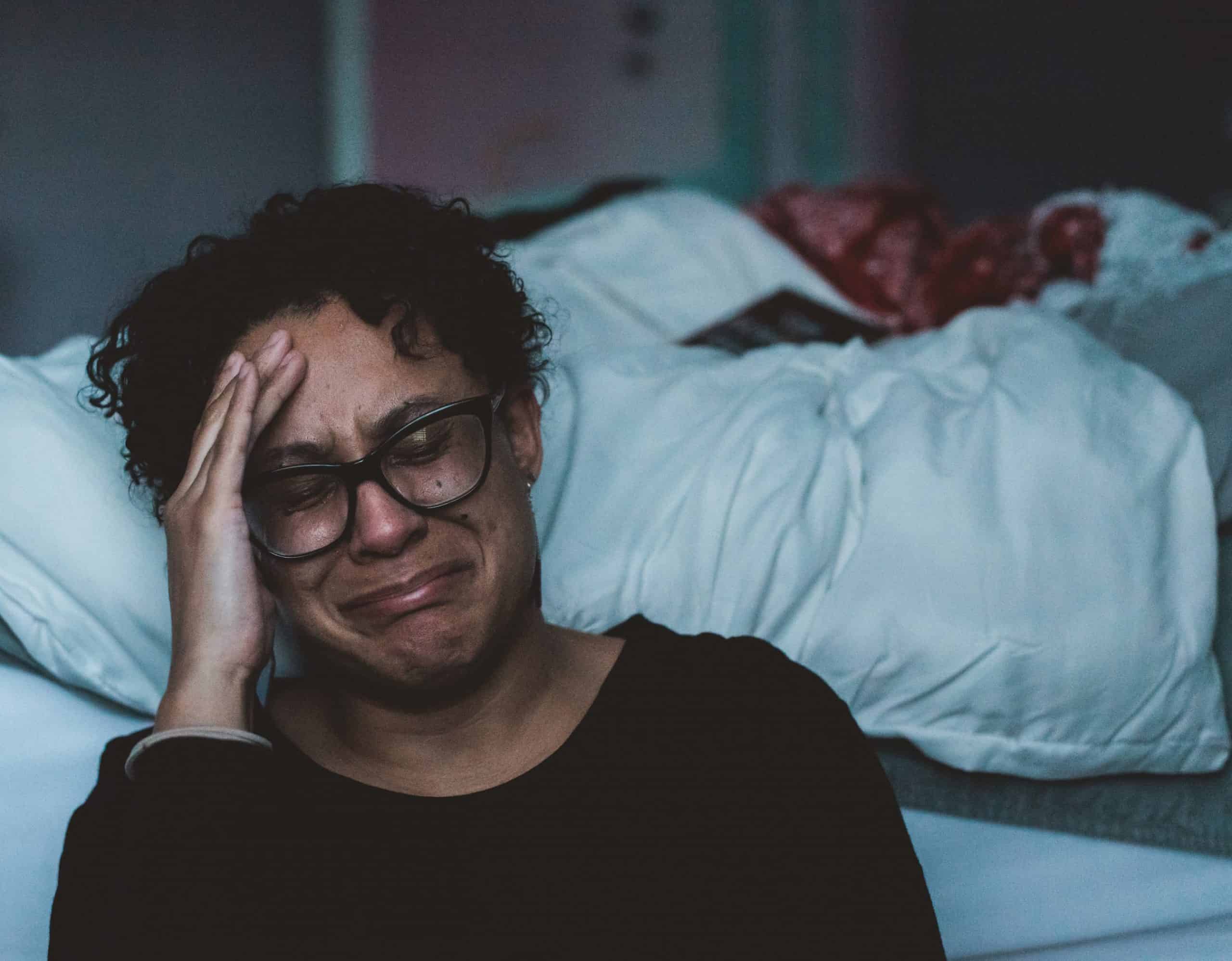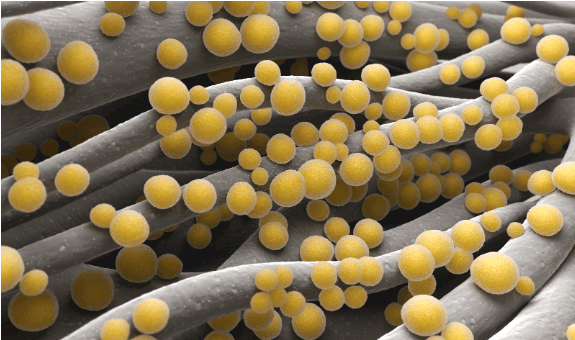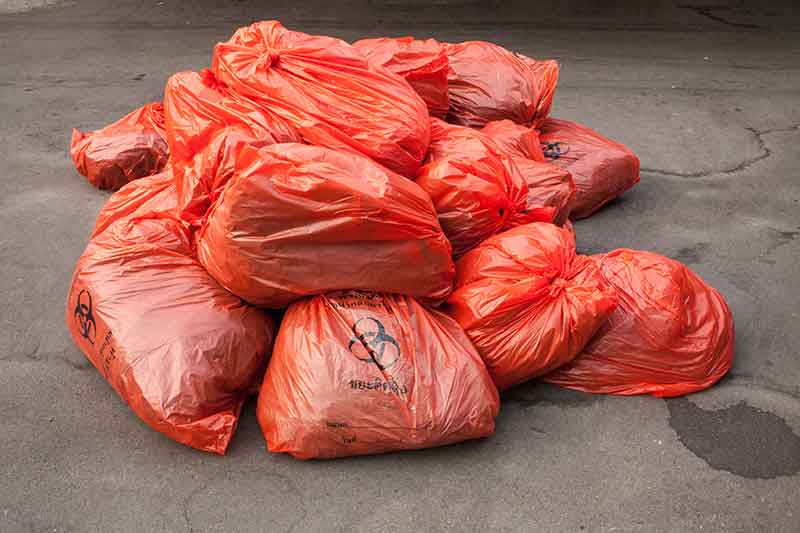What do you think about when you hear the term “blood spatter?”
These days, you probably have a family member or someone you know who watches all of the true crime documentaries and fictional TV programs that have come up around the tragedies of the American homicide business and crime prevention worldwide.
If so, you’ll hear about “blood spatter” as one of those ‘interesting details’ that detectives look at as part of their investigative work, casually throwing out these terms as they banter with a medical examiner or encounter infighting within their own agencies.
There are lots of scenes of investigators talking to forensics experts sardonically about blood spatter. There’s a lot less coverage of the actual dirty work that goes on later, when decontamination crews have to deal with the physical impact of a crime or other contaminating event.
This stuff is not fun. Blood spatter is not an interesting detail when you encounter it at a contaminated scene. It’s something that has to be treated with the required caution and an approach based on experience!
Other Decontamination Challenges
First, many of these contaminated scenes have a pronounced smell, and it’s not a pleasant one. That’s something else that you don’t get from the television screen.
In addition, there’s the staining of surfaces by these types of organic matter that can be really tenacious and hard to remove. There’s a process to remediating blood spatter, and more, and it’s not something that the average house cleaning business wants to do, which is why many of them have riders and clauses for additional cost around this type of contamination.
Thirdly, there’s the psychological stigma that comes with entering one of these scenes. Many people have talked about experiencing it in a very emotional way. Again, when you see people entering the crime scene or forensic scene on TV, it almost seems normal and routine, based on this intimate window into their professional lives. In real life, it’s a lot different.
Call Austin Bio Clean for decontamination work around Austin and the greater Austin, Texas area: we are OSHA compliant and owner operated, which actually means something when you need us, and we’re here 24/7 to help you with the complicated cleanups that you need. Call a responsive company to really get help when you have a problem with serious types of contamination like blood spatter.





